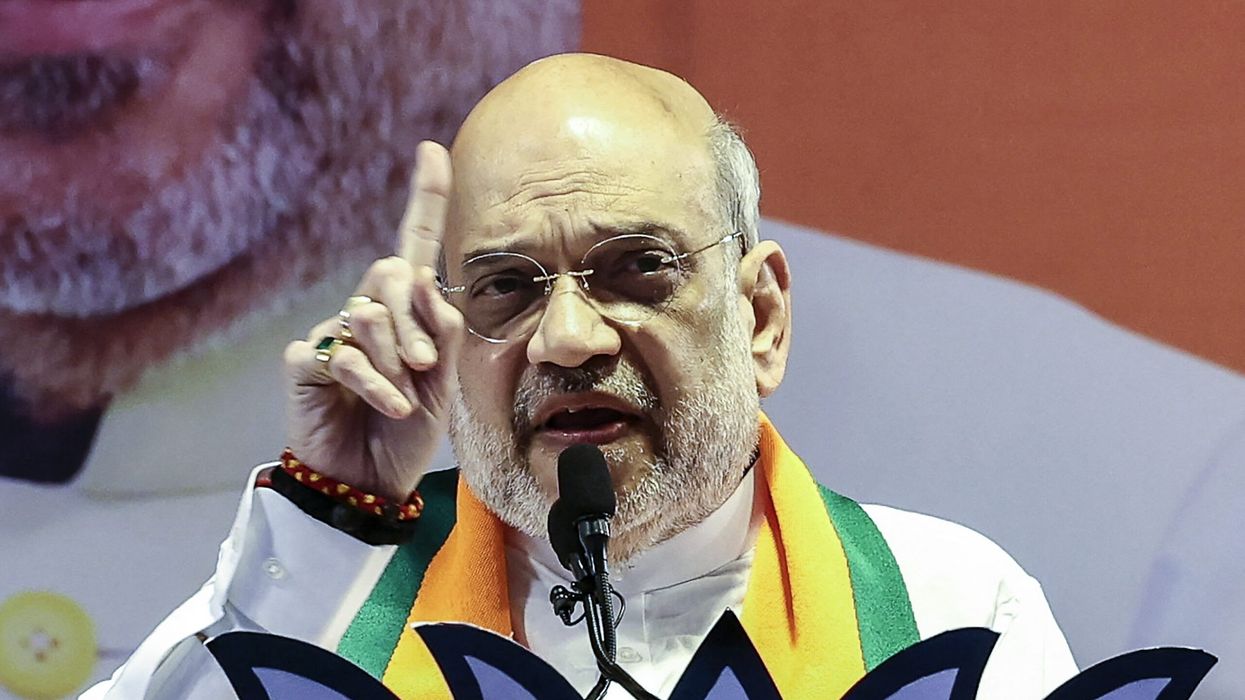INDIAN security forces have killed three Pakistani terrorists involved in an April attack on Hindu tourists in Indian Kashmir that triggered a military conflict between India and Pakistan, home minister Amit Shah said on Tuesday.
The terrorists were killed in a military operation on Monday (28), more than three months after 26 people were shot dead in the resort town of Baisaran on April 22.
"I want to tell the parliament (that) those who attacked in Baisaran were three terrorists and all three have been killed," Shah said.
He said all three were Pakistani nationals and identified two of them as members of Lashkar-e-Taiba, a UN-designated terrorist group based in Pakistan.
ALSO READ: US designates Kashmir attack group TRF as terrorist outfit
"Indian security agencies have detailed evidence of their involvement in the attack," he told the lower house of parliament.
The army said the operation took place in the mountains of Dachigam, around 30 kilometres from Srinagar.
In April, gunmen emerged from forests near Pahalgam and opened fire on crowds of visitors with automatic weapons.
All those killed were residents of India except one man from Nepal. Survivors said the attackers separated men from women and children and ordered some of the men to recite the Muslim declaration of faith.
India accused Pakistan of backing the attackers, which Islamabad denied, leading to a four-day conflict in May that killed more than 70 people on both sides.
Kashmir has been divided between India and Pakistan since 1947, and both countries claim the region in full.
ALSO READ :What is Operation Sindoor, India's strikes in Pakistan?
Shah said a security meeting was held immediately after the April attack, where it was decided the attackers should not be "allowed to leave the country and return to Pakistan".
Investigators used eyewitness accounts and forensic evidence to confirm the rifles found on the terrorists were the same weapons used in the attack.
"It was confirmed that these three rifles were involved in killing of our innocent civilians," Shah said.
A group called The Resistance Front (TRF) initially claimed responsibility for the April attack but later withdrew its claim. Earlier this month, the United States described TRF as a "front and proxy" of Lashkar-e-Taiba.
(With inputs from agencies)





